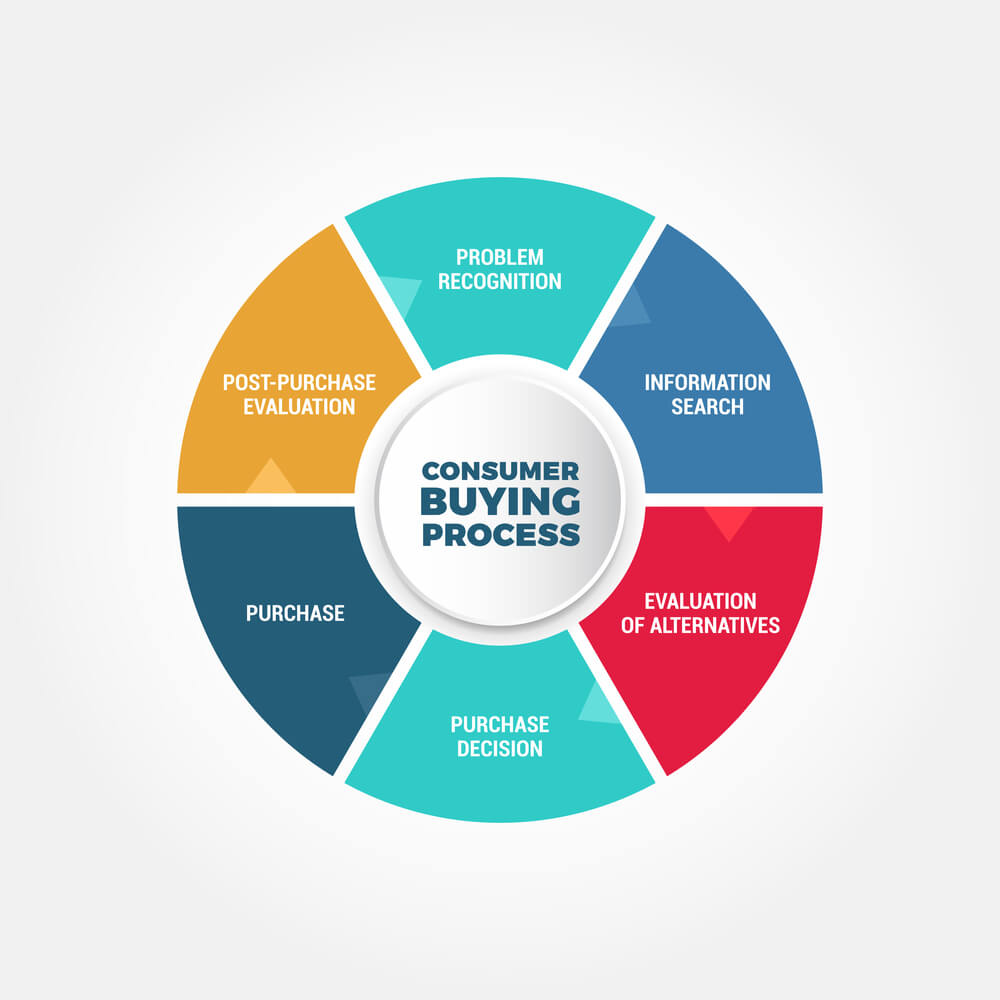The Magic of Branding: Winning Over Hearts
Branding is more than just a logo or a catchy slogan. It is a powerful tool that has the ability to win over hearts and minds of consumers. In today’s competitive market, branding plays a crucial role in influencing consumer decision-making. From the moment a consumer sees a brand’s logo, they form perceptions and associations that can ultimately sway their purchasing choices.
One of the key elements of successful branding is creating an emotional connection with consumers. Brands that are able to evoke feelings of trust, loyalty, and happiness are more likely to win over the hearts of consumers. This emotional connection is what sets a brand apart from its competitors and creates a lasting impression in the minds of consumers.
Take for example, the iconic Coca-Cola brand. With its timeless logo and classic red and white color scheme, Coca-Cola has established itself as a brand that is synonymous with joy and happiness. The brand’s marketing campaigns often center around themes of togetherness and celebration, further solidifying its emotional connection with consumers. As a result, Coca-Cola has become one of the most recognizable and beloved brands in the world.
Brands that are able to tap into the emotions of consumers are able to create strong brand loyalty. When consumers feel a deep connection with a brand, they are more likely to choose that brand over others, even if it means paying a higher price. This is because consumers feel a sense of trust and familiarity with the brand, making them more inclined to stick with what they know and love.

Image Source: thelogocreative.co.uk
In addition to creating an emotional connection, successful branding also involves building a strong brand identity. A brand’s identity is the set of values, beliefs, and attributes that define who the brand is and what it stands for. This identity is communicated through the brand’s messaging, visuals, and overall brand experience.
For example, Apple is known for its sleek and minimalist design aesthetic, as well as its commitment to innovation and creativity. These values are consistently communicated through Apple’s marketing efforts, product design, and customer service. As a result, consumers associate Apple with cutting-edge technology and high-quality products, making it one of the most valuable brands in the world.
Branding also plays a crucial role in shaping consumer perceptions. A brand’s reputation and image can greatly influence how consumers view the brand and its products. Brands that have a positive reputation for quality, reliability, and customer service are more likely to be perceived favorably by consumers.
On the other hand, brands that have a negative reputation or are associated with scandals or controversies may struggle to win over consumers. This is why it is essential for brands to consistently uphold their values and deliver on their promises in order to maintain a positive brand image.
Overall, the magic of branding lies in its ability to win over the hearts of consumers. By creating an emotional connection, building a strong brand identity, and shaping consumer perceptions, brands can influence consumer decision-making and build lasting relationships with their customers. In today’s competitive market, branding is more important than ever in driving consumer loyalty and building a successful business.
Decoding Consumer Choices: The Branding Influence
When it comes to making purchasing decisions, consumers are constantly bombarded with a myriad of options. From choosing which shampoo to buy to deciding on a new car, the choices can be overwhelming. In this sea of options, branding plays a crucial role in influencing consumer decisions.
Branding is not just about a logo or a catchy slogan. It is about creating a distinct identity for a product or service that sets it apart from the competition. A strong brand can evoke emotions, create trust, and build loyalty among consumers. It can influence how consumers perceive a product and ultimately drive their purchasing decisions.
One way branding influences consumer choices is through brand recognition. When consumers are faced with a multitude of options, they are more likely to choose a brand they are familiar with. This familiarity gives them a sense of comfort and security, making them more likely to trust the brand and make a purchase.
Brand image also plays a significant role in consumer decision-making. A brand’s image is the perception consumers have of the brand based on their experiences, advertising, and word-of-mouth. A positive brand image can create a strong emotional connection with consumers, leading to repeat purchases and brand loyalty.
In addition to brand recognition and image, branding also influences consumer choices through brand values. Consumers are increasingly looking for brands that align with their values and beliefs. Brands that stand for something beyond just making a profit are more likely to attract and retain customers.
Another way branding influences consumer decisions is through brand consistency. Consistency in branding builds trust and credibility with consumers. When a brand delivers a consistent experience across all touchpoints, consumers are more likely to see the brand as reliable and trustworthy.
Branding also plays a role in shaping consumer perceptions of quality. A strong brand can be synonymous with quality in the minds of consumers. This perception of quality can influence consumer decisions, as they are more likely to choose a brand they believe offers superior products or services.
Furthermore, branding can influence consumer choices through brand loyalty. A strong brand with a loyal customer base can benefit from repeat purchases and word-of-mouth recommendations. Brand loyalty is built on trust, satisfaction, and a positive overall experience with the brand.
In conclusion, branding has a powerful influence on consumer decision-making. From brand recognition and image to values and consistency, branding shapes how consumers perceive and choose products and services. By understanding the impact of branding on consumer choices, businesses can create strong, lasting relationships with their customers and drive success in the marketplace.
The Influence of Branding on Consumer Decision-Making